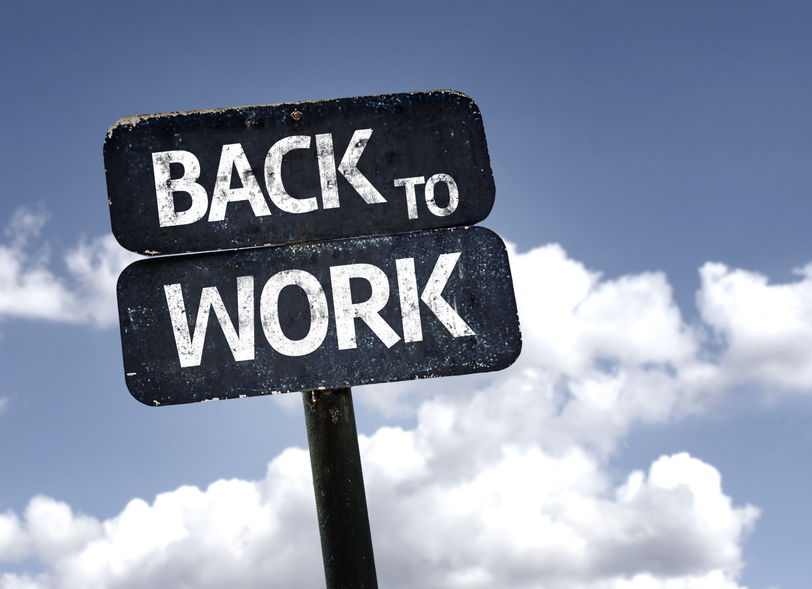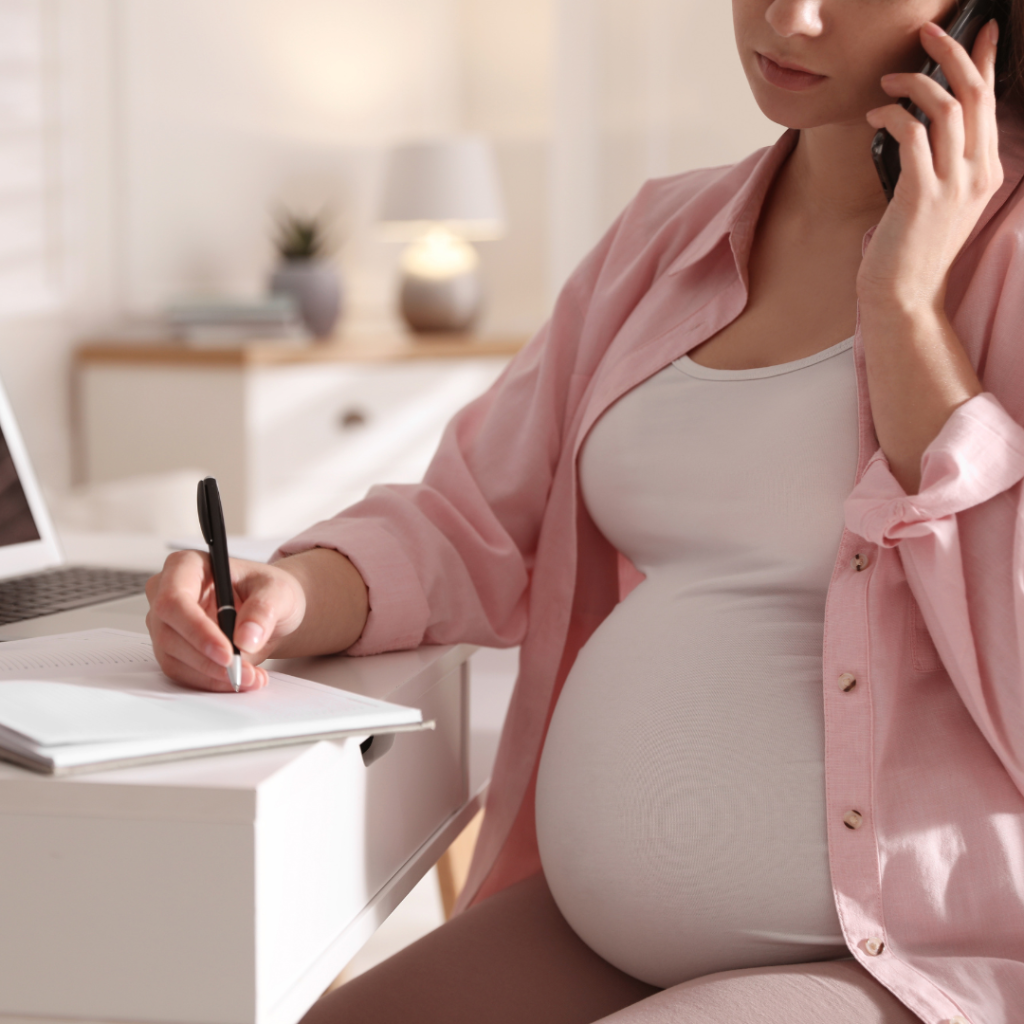Government’s Coronavirus Strategy
This is what we know as of 12 May 2020
Sunday’s announcement by the Prime Minister Boris Johnson was eagerly watched by millions across the nation. Many were left disappointed due to the lack of detail. For those of us who are avid followers of the government guidance, we realised that nothing much had changed. There has been a useful (albeit conditional) timeline and a message that it’s time to get many people back to work.
Read on for guidance on the updated furlough scheme, getting people back to work safely and your duties as an employer.
We are helping our clients with all aspects of workforce planning. Here is some additional reading material which will be useful for you.
1. Furlough- the scheme and how it works. This has just been extended to 31 October 2020, more details will be provided by the end of May.
2. Redundancies and workforce planning
3. COVID 19 emergency fixed fee HR support
4. Webinar 14 May 2020- Managing your employees and life after lockdown
6. Struggling businesses- turnaround and insolvency. Some useful guidance from Graywoods here.
http://www.graywoods.co.uk/hospitality-businesses-and-coronavirus/
http://www.graywoods.co.uk/charities-and-coronavirus/
[/vc_column_text][vc_toggle title=”What’s the government’s strategy?” style=”arrow” color=”black”]The government has published OUR PLAN TO REBUILD: The UK Government’s COVID-19 recovery strategy, setting out its roadmap to bring the UK out of Covid-19 lockdown. It spans 51 pages! have picked out some of the most relevant messages relating to employment and the workplace.
“This document sets out a plan to rebuild the UK for a world with COVID-19. It is not a quick return to ‘normality.’ Nor does it lay out an easy answer. And, inevitably, parts of this plan will adapt as we learn more about the virus. But it is a plan that should give the people of the United Kingdom hope. Hope that we can rebuild; hope that we can save lives; hope that we can safeguard livelihood.”
The changes apply from Wednesday 13 May in England and the main points relating to work for the foreseeable future are:
- workers should continue to work from home rather than their normal physical workplace, wherever possible. People who are able to work at home make it possible for people who have to attend workplaces in person to do so while minimising the risk of overcrowding on transport and in public places.
- All workers who cannot work from home should travel to work if their workplace is open. Sectors of the economy that are allowed to be open should be open, for example, this includes food production, construction, manufacturing, logistics, distribution and scientific research in laboratories. The only exceptions to this are those workplaces such as hospitality and nonessential retail which during this first step the Government is requiring to remain closed.
- It remains the case that anyone who has symptoms, however mild, or is in a household where someone has symptoms, should not leave their house to go to work. Those people should self-isolate, as should those in their households.
[/vc_toggle][vc_toggle title=”Hospitality Businesses” style=”arrow” color=”black”]Some hope here for the sector although not earlier than 4 July. The ambition at this step is to open at least some of the remaining businesses and premises that have been
required to close, including personal care (such as hairdressers and beauty salons) hospitality (such as food service providers, pubs and accommodation), public places (such as places of worship) and leisure facilities (like cinemas). They should also meet the COVID-19 Secure guidelines. Some venues which are, by design, crowded and where it may prove difficult to enact distancing may still not be able to re-open safely at this point or may be able to open safely only in part.
For hospitality businesses this is useful reading, it was updated on 1 May. https://www.gov.uk/government/publications/further-businesses-and-premises-to-close/further-businesses-and-premises-to-close-guidanceWhen travelling everybody (including critical workers) should continue to avoid public transport wherever possible. If they can, people should instead choose to cycle, walk or drive, to minimise the number of people with whom they come into close contact. It is important many more people can easily travel around by walking and cycling, so the Government will increase funding and provide new statutory guidance to encourage local authorities to widen pavements, create pop-up cycle lanes, and close some roads in cities to traffic (apart from buses) as some councils are already proposing.This increased mobility means the Government is now advising that people should aim to wear a face-covering in enclosed spaces where social distancing is not always possible and they come into contact with others that they do not normally meet, for example on public transport or in some shops. Homemade cloth face-coverings can help reduce the risk of transmission in some circumstances. Face-coverings are not intended to help the wearer, but to protect against inadvertent transmission of the disease to others if you have it asymptomatically. A face covering is not the same as a facemask such as the surgical masks or respirators used as part of personal protective equipment by healthcare and other workers. These supplies must continue to be reserved for those who need it.Workplaces need to follow the guidelines set out and updated this week. To help you decide which actions to take, you need to carry out an appropriate COVID-19 risk assessment, just as you would for other health and safety-related hazards. This risk assessment must be done in consultation with unions or workers. These will ensure the risk of infection is as low as possible while allowing as many people as possible to resume their livelihoods. The full guidance is here and it helpfully separates the advice into 8 categories so read the guidelines for your sector carefully. https://www.gov.uk/guidance/working-safely-during-coronavirus-covid-19?utm_source=linkedin&utm_medium=&utm_term=&utm_content=&utm_campaign=For help with Health & Safety, HR and employment law call us on 0114 3032300 or email [email protected].
Have you seen our emergency COVID-19 HR Support for your business? Call us for more information and a quote today.







